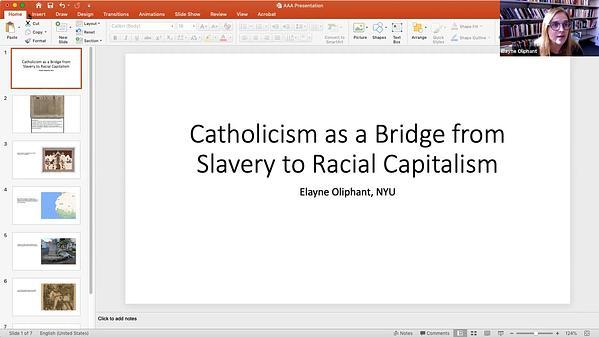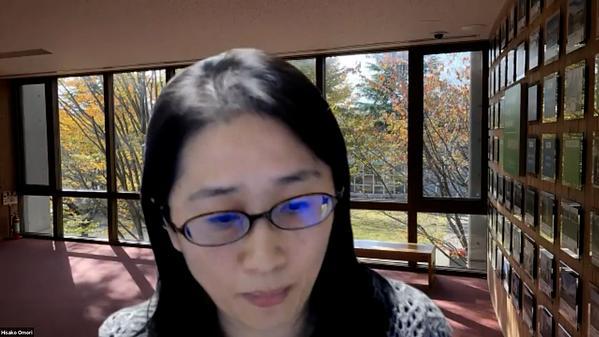Would you like to see your presentation here, made available to a global audience of researchers?
Add your own presentation or have us affordably record your next conference.
keywords:
political economy
catholicism
economic anthropology
We are convening this panel • on the many linkages between Catholicism and political economy • in light of three tendencies. The first denotes a re-engagement with Weberian scholarship and its century-long legacy of probing relations between politico-economic activity and religious practice. The second is the 2013 election of Jorge Mario Bergoglio to the papacy, who • as Pope Francis • stated in 2017 that “capitalism gives a moral cloak to inequality.” The panel’s final tendency points to the contemporary politico-economic moment in many Catholic-majority countries • such as France, Philippines, Chile, among others • where sustained contestation has caught elites and media commentators off guard. While the ideological and contextual bases of these protests are diverse and fluid • some Catholic in origin, others not • their protagonists nonetheless cite a number of common grievances, including firm opposition to austerity, inequality, privatizations, and corruption. It is in this conceptual, religious, and political space that we situate our panel. Influenced by both classic (Asad 1986; Holmes 1990; Ekelund, Hebert, and Tollison 2012) and recent (Napolitano and Norget 2011; Muehlebach 2012; Bautista 2015; Norget, Napolitano, and Mayblin, eds. 2017) scholarship, our panel seeks to bring the historically marginalized analysis of Catholicism to the attention of economic anthropology. In this light, our goal here is two-fold. Not only are we presenting ethnographic studies of contexts understood as “socialist,” “post-socialist,” or “neoliberal” • across all of which Catholicism is prominently woven • but we also suggest what some possible Catholic-influenced futures might look like, both for contemporary political economies and for anthropology itself.

